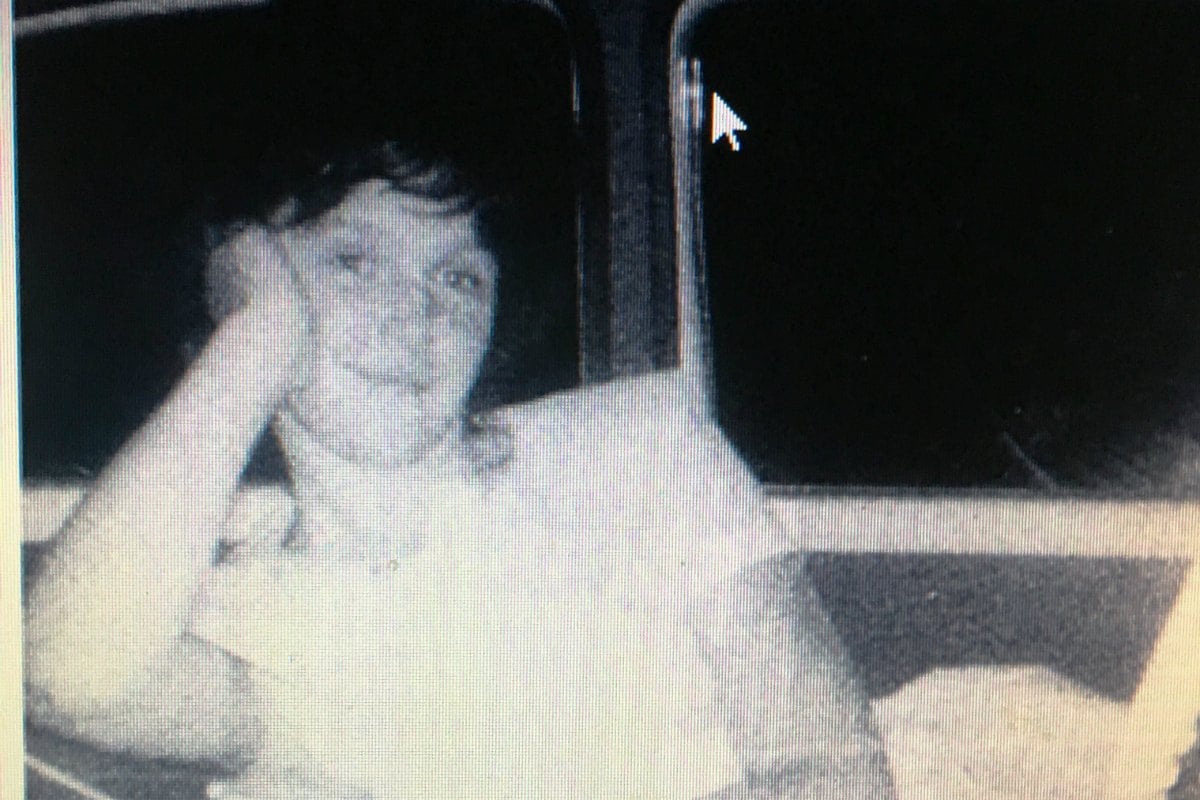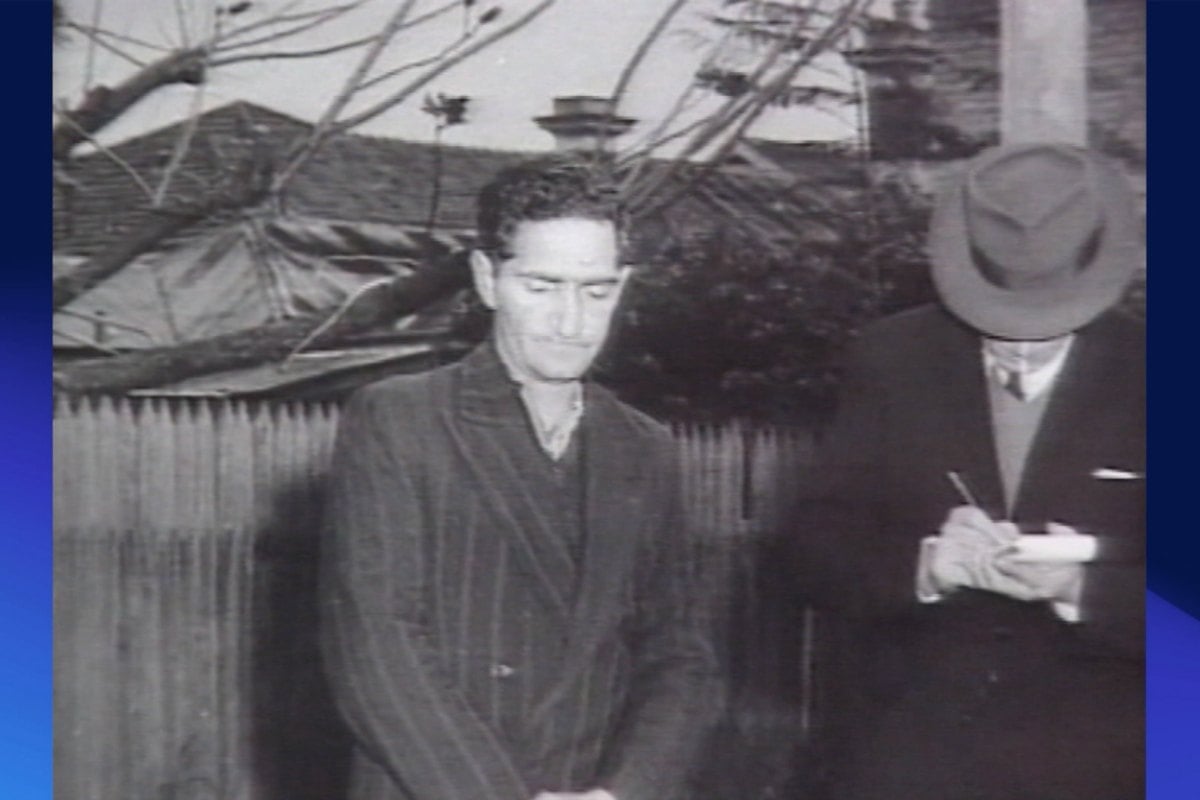
This article contains references to violence and may be triggering for some readers.
On February 9th 1963, my 19th birthday, I had an argument with my girlfriend, Rosemary Anderson.
She started walking home and I followed her for a while begging her to forgive me and hop in the car. Each time she refused. Finally I stopped and let her walk out of sight.
I decided, however, to try once more and drove after her.
I found her body laying in the sand unconscious and bleeding profusely. I rushed her off to a doctor’s surgery from where she was taken to hospital.


Top Comments
I’m glad he was finally exonerated after all that time but I also feel sorry for her family. Imagine thinking the guy who really did it got away with it all those years while the wrong guy had his life ruined. Sadness all around